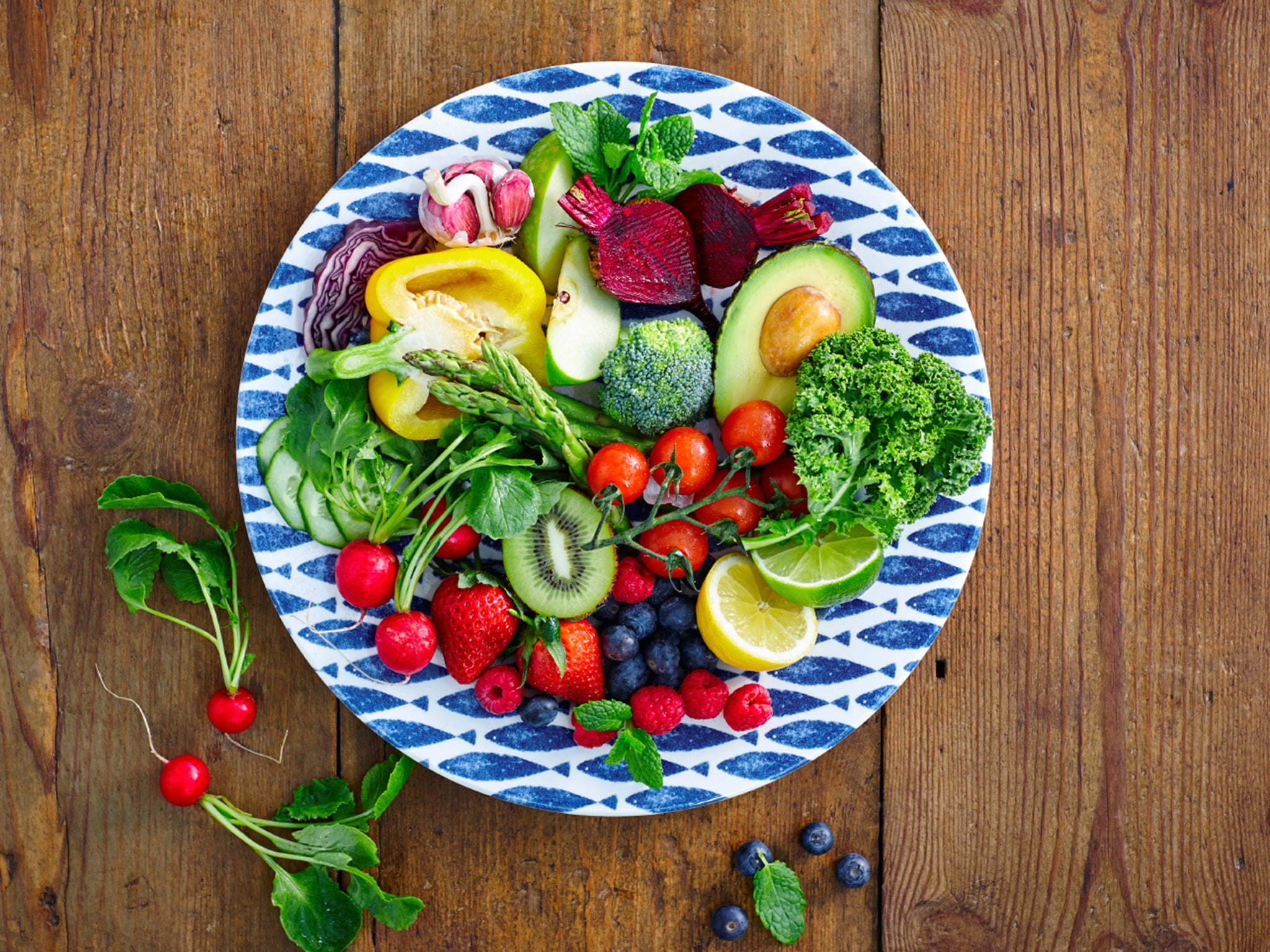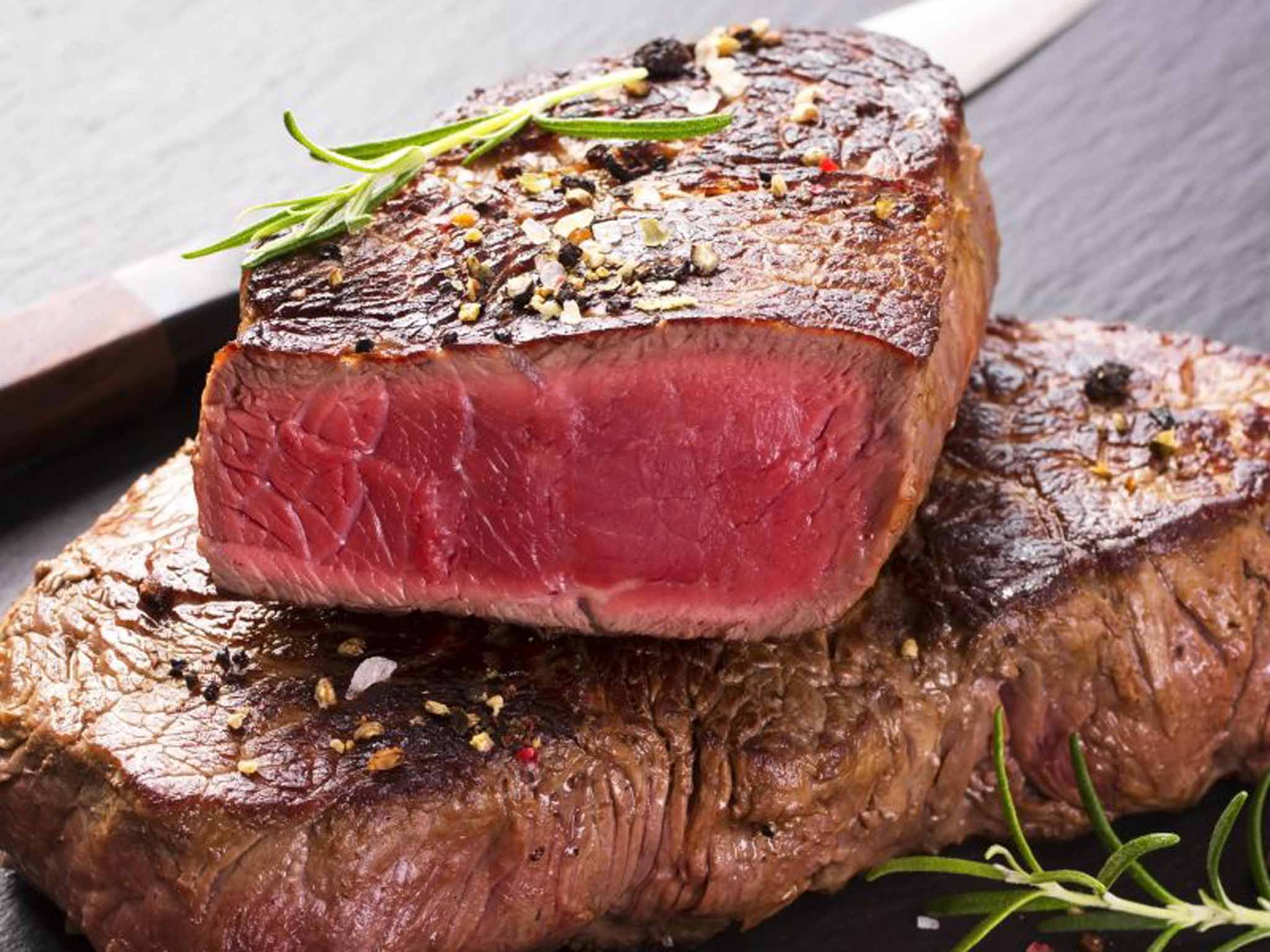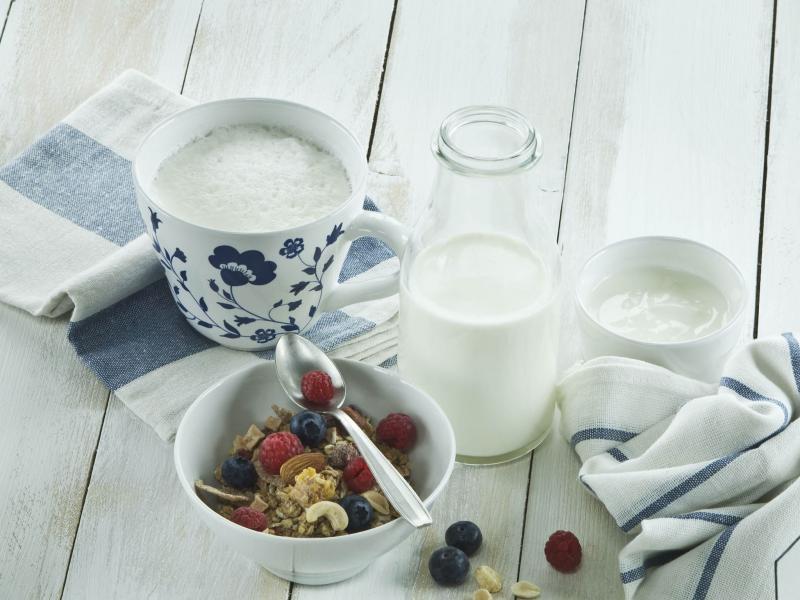Food-poisoning expert reveals 6 things he refuses to eat

Your support helps us to tell the story
From reproductive rights to climate change to Big Tech, The Independent is on the ground when the story is developing. Whether it's investigating the financials of Elon Musk's pro-Trump PAC or producing our latest documentary, 'The A Word', which shines a light on the American women fighting for reproductive rights, we know how important it is to parse out the facts from the messaging.
At such a critical moment in US history, we need reporters on the ground. Your donation allows us to keep sending journalists to speak to both sides of the story.
The Independent is trusted by Americans across the entire political spectrum. And unlike many other quality news outlets, we choose not to lock Americans out of our reporting and analysis with paywalls. We believe quality journalism should be available to everyone, paid for by those who can afford it.
Your support makes all the difference.Having spent over 20 years working on food-poisoning lawsuits, Bill Marler simply doesn't eat certain foods anymore.
The attorney, who's litigating suits against Chipotle after the chain's E. coli and norovirus outbreaks, was cited in an article by Health Insider from BottomLine outlining what foods he's cut from his diet.
Having won more than $600 million for clients in foodborne-illness cases, Marler says that his experiences convinced him that these foods aren't worth the risks.
Here are the foods that scare this expert the most:
1. Raw oysters
Marler says that he has seen more foodborne illnesses linked to shellfish in the past five years than in the two preceding decades. The culprit: warming waters. As global waters heat up, they produce microbial growth, which ends up in the raw oysters consumers are slurping down.
2. Precut or prewashed fruits and veggies
Marler says that he avoids these "like the plague." Convenience may be nice, but, as more people handling and processing the food means more chances for contamination, it isn't worth the risk.
3. Raw sprouts
Sprout outbreaks are surprisingly common, with more than 30 bacterial outbreaks — primarily salmonella and E. coli — in the past two decades.
"There have been too many outbreaks to not pay attention to the risk of sprout contamination," Marler says. "Those are products that I just don't eat at all."
4. Rare meat

Sorry, chefs: Marler isn't going to order his steaks any rarer than medium-well. According to the expert, meat needs to be cooked to 160 degrees throughout to kill bacteria that could cause E. coli or salmonella.
5. Uncooked eggs
For anyone who remembers the salmonella epidemic of the 1980s and early '90s, this is a no-brainer. According to Marler, the chance of getting food poisoning from raw eggs is much lower today than it was 20 years ago, but he still isn't taking any chances.
6. Unpasteurized milk and juices

A growing movement is encouraging people to drink "raw" milk and juices, arguing that pasteurization depletes nutritional value. Marler says that pasteurization is not dangerous — but raw beverages can be, as skipping the safety step means an increased risk of contamination by bacteria, viruses, and parasites.
"There's no benefit big enough to take away the risk of drinking products that can be made safe by pasteurization," he says.
Read more:
• This chart is easy to interpret: It says we're screwed
• How Uber became the world's most valuable startup
• These 4 things could trigger the next crisis in Europe
Read the original article on Business Insider UK. © 2016. Follow Business Insider UK on Twitter.
Join our commenting forum
Join thought-provoking conversations, follow other Independent readers and see their replies
Comments